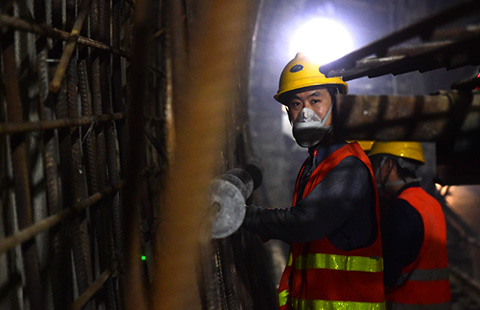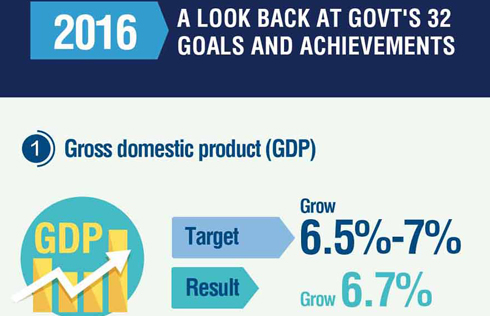Experts seek targeted property market policies
BEIJING - When Zheng Zheng renewed her rental contract for an apartment in Beijing, she could do nothing but accept the 500-yuan ($80) rent increase suggested by her landlord.
"My landlord was determined. There was no room for bargaining," Zheng said.
On March 1, the government rolled out a regulatory plan to tighten control over the sizzling property market, including a new capital gains tax as high as 20 percent on secondhand home sales and higher down payments for second-home buyers.
However, newly released data for China's property sector in the first quarter of the year demonstrated a confused market, which will make clear-cut policy implementation a tough task, analysts said.
Housing costs rose 0.5 percent month-on-month in March, with rent up 1.2 percent, the National Bureau of Statistics said Tuesday.
During the same period, average new home prices in 100 major Chinese cities rose 1.06 percent from February to 9,998 yuan per square meter, marking the 10th consecutive month of increases, according to the China Real Estate Index System.
A quarterly survey by the central bank showed that 34.4 percent of its depositors believe that housing prices will continue to rise in the next quarter, although a considerable amount of demand was unleashed in the form of last-minute purchases ahead of the announcement of local property curbs in late March.
While potential homebuyers like Zheng are caught between rising rent and stubbornly high housing prices, developers have begun to purchase land more cautiously, guarding against possible fluctuations in market demand.
Real estate agency Centaline Property said that in the first two months of 2013, major property developers used less than 40 percent of their sales revenues to purchase land. The percentage stood as high as 60 percent in December.
Zhang Dawei, director of Centaline Property's research department, said the stricter property curbs announced last month will check market demand in the short-term.
According the central bank's survey, 14.8 percent of respondents said they will buy property in the next three months, down 0.6 percentage points from the fourth quarter last year.
Since the real estate sector involves the interests of multiple parties, more work needs to be done to reach a consensus on policy implementation, analysts said.
Liu Weimin, a researcher with the Development Research Center of the State Council, said welfare housing should be given special consideration when implementing the 20-percent capital gains tax.
Welfare property, or property that is sold at a particularly low price as part of housing reforms, is likely to fall victim to high taxes under the new policy, which should be targeting speculation instead, the researcher said.
Liu Hongyu, director of the Hang Lung Center for Real Estate at Tsinghua University, said it is hard to differentiate home purchases for non-investment purposes from property purchased for speculation, adding that there may be no perfect policy.
In the short-term, the government may have to discourage purchasing demand aimed at improving living conditions, Liu said.
Qin Hong, a policy researcher with the Ministry of Housing and Urban-Rural Development, said a long-term mechanism should be established as quickly as possible once the short-term measures take effect.
More room should be left for the market to adjust and repair itself, Qin added.























